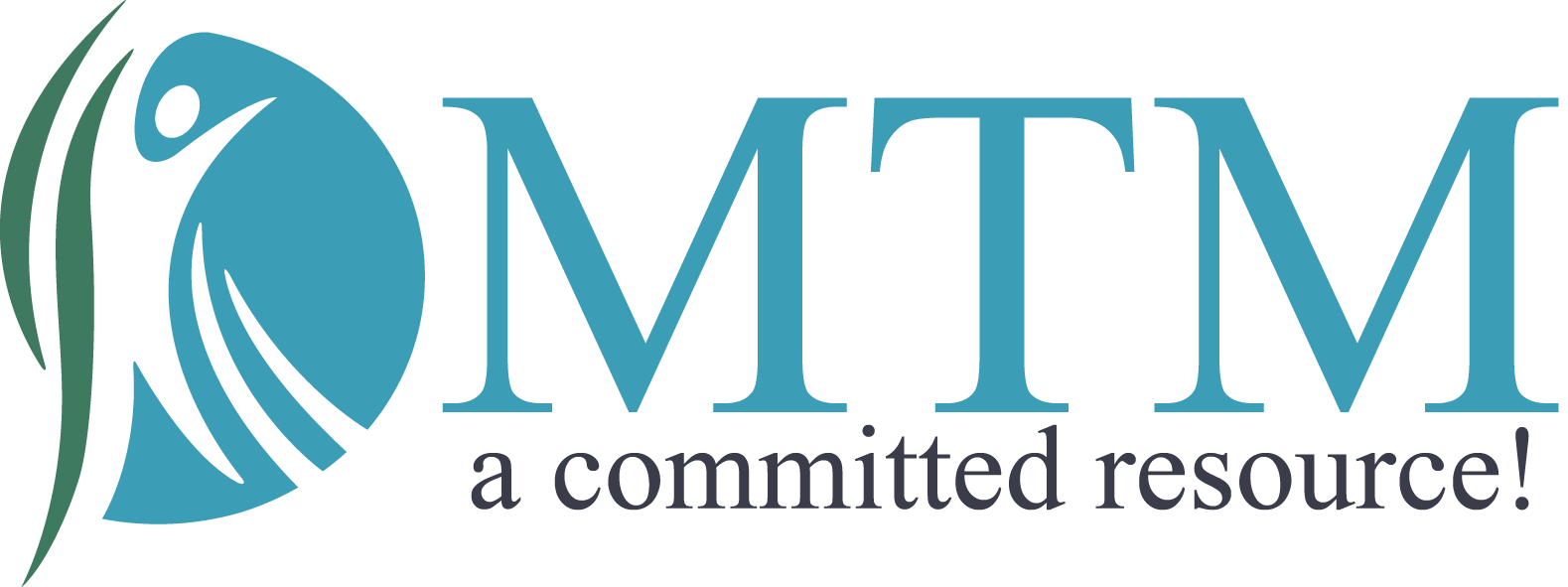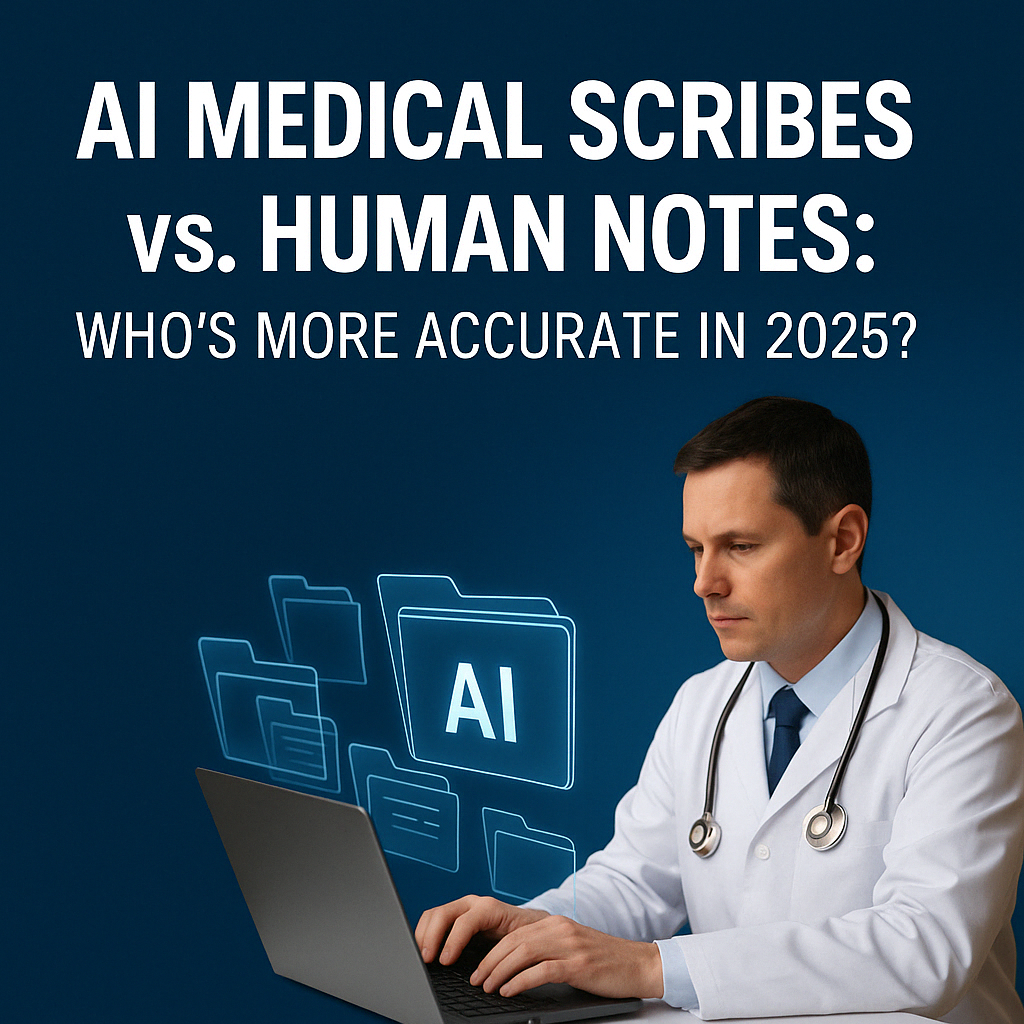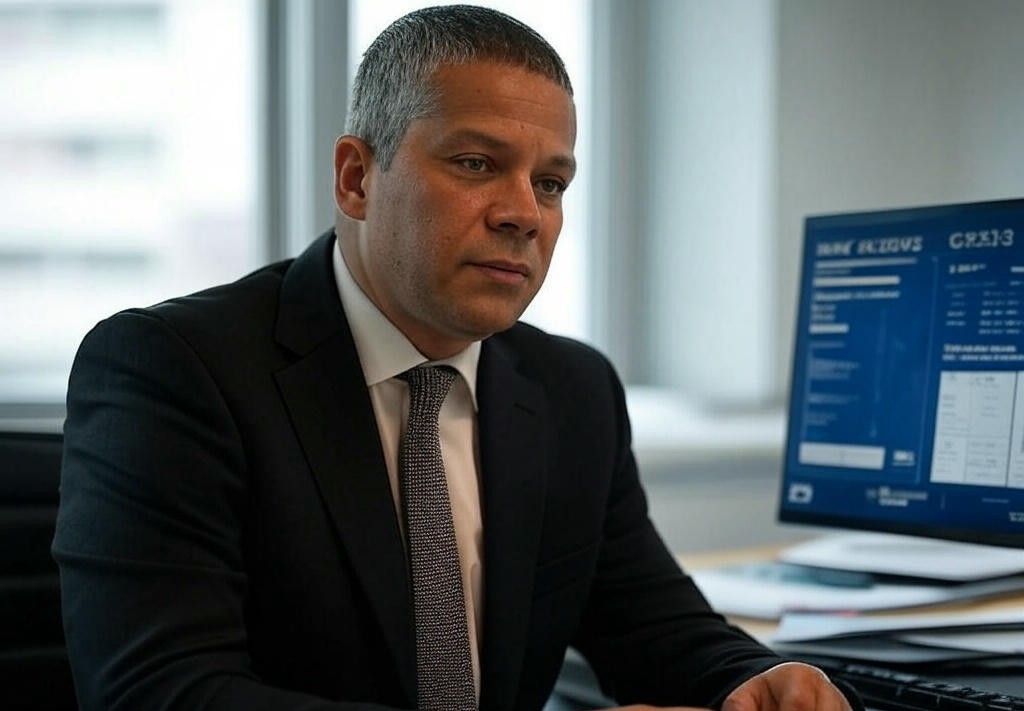Understanding Workers' Compensation Dispute Resolution in California
A Comprehensive Guide to Navigating Claim Disputes and Resolutions | Series 1 - WU - 6
Disputes over Workers' Compensation claims can be complex and stressful. Whether you are an injured worker, an employer, or a medical provider, understanding the dispute resolution process is crucial. This guide provides a detailed overview of the various remedies available and the step-by-step processes for resolving disputes within California's Workers' Compensation system.
Initial Claim Denial
Reasons for Denial:
- Insufficient Evidence: Lack of evidence proving that the injury is work-related.
- Reporting Issues: Failure to report the injury or file the claim within the required timeframe.
- Pre-existing Conditions: The insurer may argue that the injury is due to a pre-existing condition rather than a work-related incident.
Steps to Take After Denial:
- Review the Denial Letter: Understand the specific reasons provided by the insurance company for denying the claim.
- Gather Evidence: Collect additional evidence, such as medical records, witness statements, and any other documentation that supports the claim.
Dispute Resolution Mechanisms
Qualified Medical Evaluator (QME):
- When to Request: A QME can be requested when there is a dispute about the extent of the injury, the need for medical treatment, or the degree of disability. Either party can request a QME within 10 days of the disputed medical issue.
- Process: The Division of Workers' Compensation (DWC) will provide a list of three QMEs, and the parties select one. The QME provides an independent medical evaluation to resolve the dispute.
Agreed Medical Evaluator (AME):
- When to Use: If both parties agree, they can select an AME instead of a QME. This is often used in less contentious cases to ensure mutual trust in the evaluator's impartiality and expertise.
- Process: The AME conducts an evaluation and provides a report that both parties agree to accept.
Independent Medical Examiner (IME):
- Purpose: An IME is sometimes used to provide an unbiased medical opinion, often requested by the insurance company to get a second opinion on the injury.
- Process: The IME provides an independent assessment to help resolve disputes about the medical aspects of the claim.
Stipulations with Request for Award (Stip and Award):
- What It Is: This is an agreement between the injured worker and the employer/insurance company regarding the extent of permanent disability and future medical care.
- Process: The agreement is submitted to the Workers' Compensation Appeals Board (WCAB) for approval. It typically includes stipulations on the amount of disability and any future medical treatment needed.
Compromise and Release (C&R):
- What It Is: A settlement where the injured worker agrees to release the employer/insurance company from future claims in exchange for a lump-sum payment.
- Process: The C&R must be approved by the WCAB. This settlement usually means that the worker is accepting a one-time payment and relinquishing the right to future benefits.
Mandatory Settlement Conference (MSC):
- When It Happens: An MSC is scheduled if initial settlement attempts have failed.
- Purpose: This is a meeting held before a WCAB judge where both parties try to settle the dispute. The judge helps facilitate the discussion and encourages settlement to avoid a trial.
- Outcome: If a settlement is reached, the judge will review and approve it. If not, the case proceeds to trial.
Trial:
- WCAB Hearing: If the dispute is not resolved through the MSC, it proceeds to a formal trial before a WCAB judge. Both parties present evidence and witness testimony.
- Judge's Decision: The judge issues a decision based on the evidence presented. This decision can be appealed to the WCAB’s Reconsideration Unit if either party disagrees with the outcome.
Legal Representation
Importance of Legal Help:
- Expert Guidance: Attorneys specializing in Workers' Compensation can provide valuable guidance throughout the dispute resolution process.
- Navigating Complexities: Legal representatives can help gather evidence, present a strong case, and ensure that all procedural requirements are met.
When to Seek Legal Advice:
- Complex Disputes: If the dispute involves significant medical, financial, or legal complexities.
- Appeals: When preparing for WCAB hearings or reconsiderations, having legal representation can significantly improve the chances of a favorable outcome.
Interested in Partnering with Medrina Technology Management?
Medrina Technology Management specializes in providing top-tier billing services for workers' compensation treating providers. Our team understands the complexities of the Workers' Compensation system and ensures that medical providers receive prompt and accurate compensation for their services. By handling all aspects of the billing process, from initial claim submission to appeals and dispute resolution, we allow healthcare providers to focus on delivering exceptional care to their patients. If you're interested in partnering with Medrina for efficient and reliable billing services, please contact us.
Stay updated with the latest insights and news in medical billing services and workers' compensation billing and collections. Enter your email below to subscribe to our blog
Most Recent Articles




